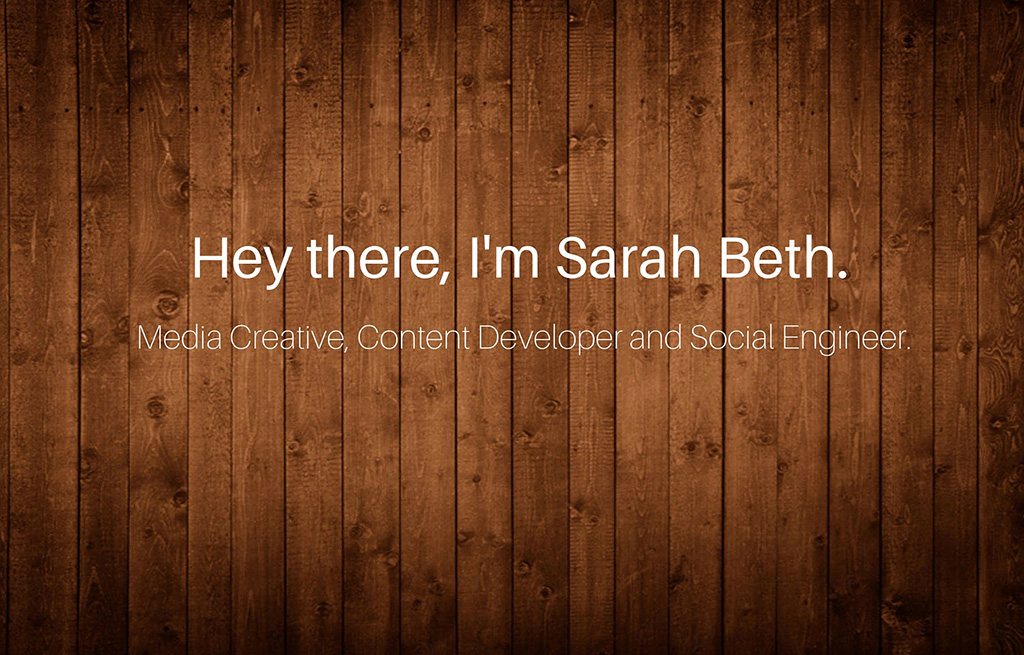Vert Blog
Death, Taxes, and Algorithms: How to Cope With the Inevitable
Do you remember your first time on Instagram or Twitter? The experience is universal: download the app, enter a password that you’ll immediately forget, and ask yourself a million questions. What now? Who do I follow? What’s the point? Are we alone?
As time passes and after everyone has made their first “lol this is pointless” post, we settle into a pattern of predictable behavior. Users and brands all chug along merrily in their chronological feed with not a care in the world.
Then, at the drop of a hat, everything changes. As clouds roll in and an algorithmic feed rears its ugly head, social media strategists cry out in anguish at the thought of their reach plummeting. How could we possibly move on in the face of such adversity?
Here’s the thing: nothing has changed, really. We’ll all be fine.
As everything seems to constantly change, the goal is still the same: just make great content. As much as we’re tired of cliché social media conference quotes (you know, the one that rhymes with “bontent is bing”), it really does come down to putting out the most engaging, compelling content that will rise to the top. If you’re afraid that your work will be seen less, then you probably have a bigger problem than just a silly algorithm, and you should probably do something about that.
This isn’t the first time people have huffed and puffed about a change. Remember when Facebook would change up your profile and page designs every few months? “Confusing!” How about when Twitter launched native inline photos? “Cluttered!” Who could forget when Instagram changed up their photo dimensions? “Weird!” Today, all of those features are still around, and the world kept turning.
Yes, it’s scary to consider that tried-and-true #bestpractices could go out the window, but a defining characteristic of our industry is its constant evolution. Platforms add new features, users adapt, and brands continue to kill it with awesome content. That’s the reason why we’re all here in the first place, and not sending direct mail.

